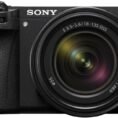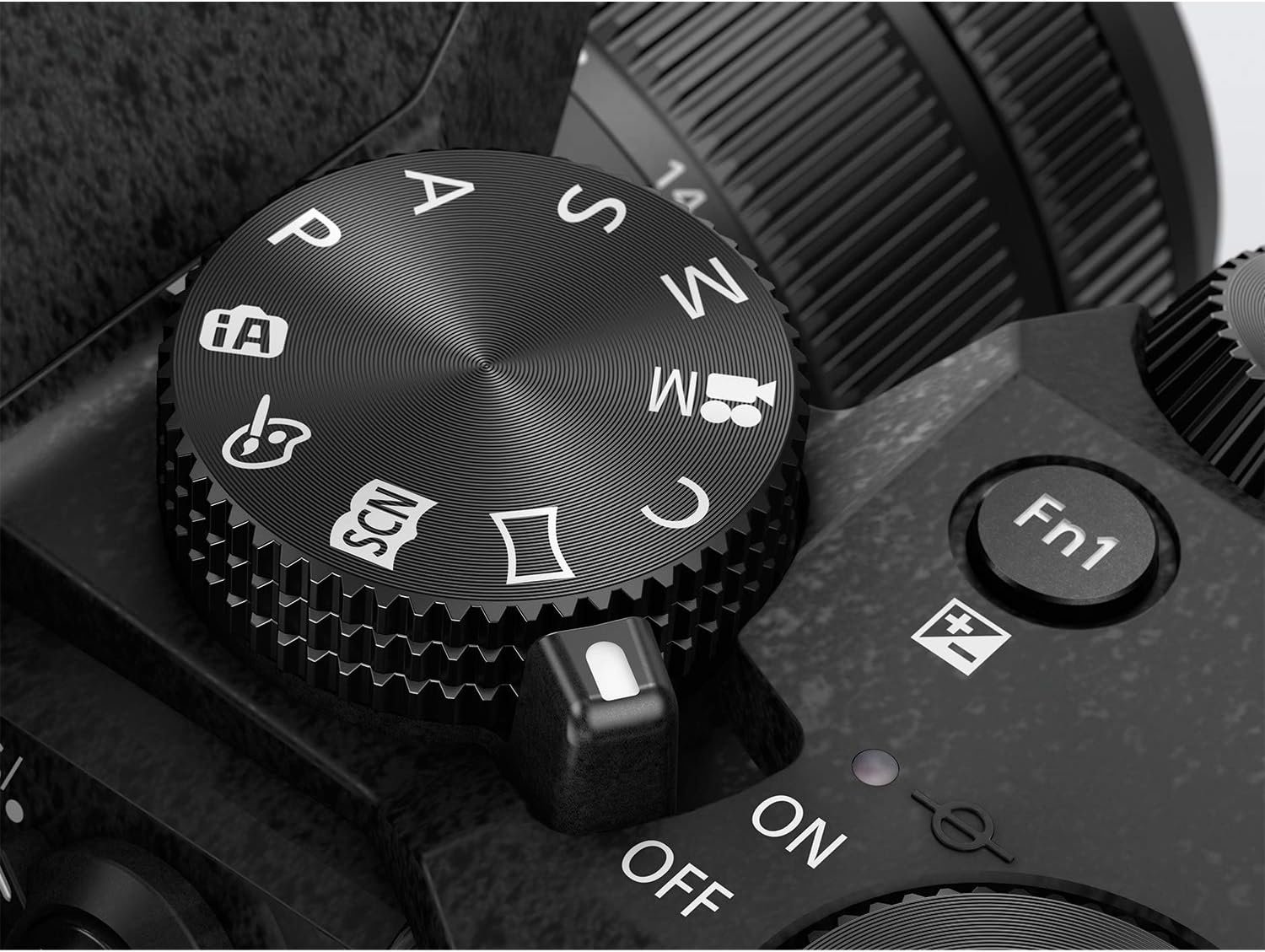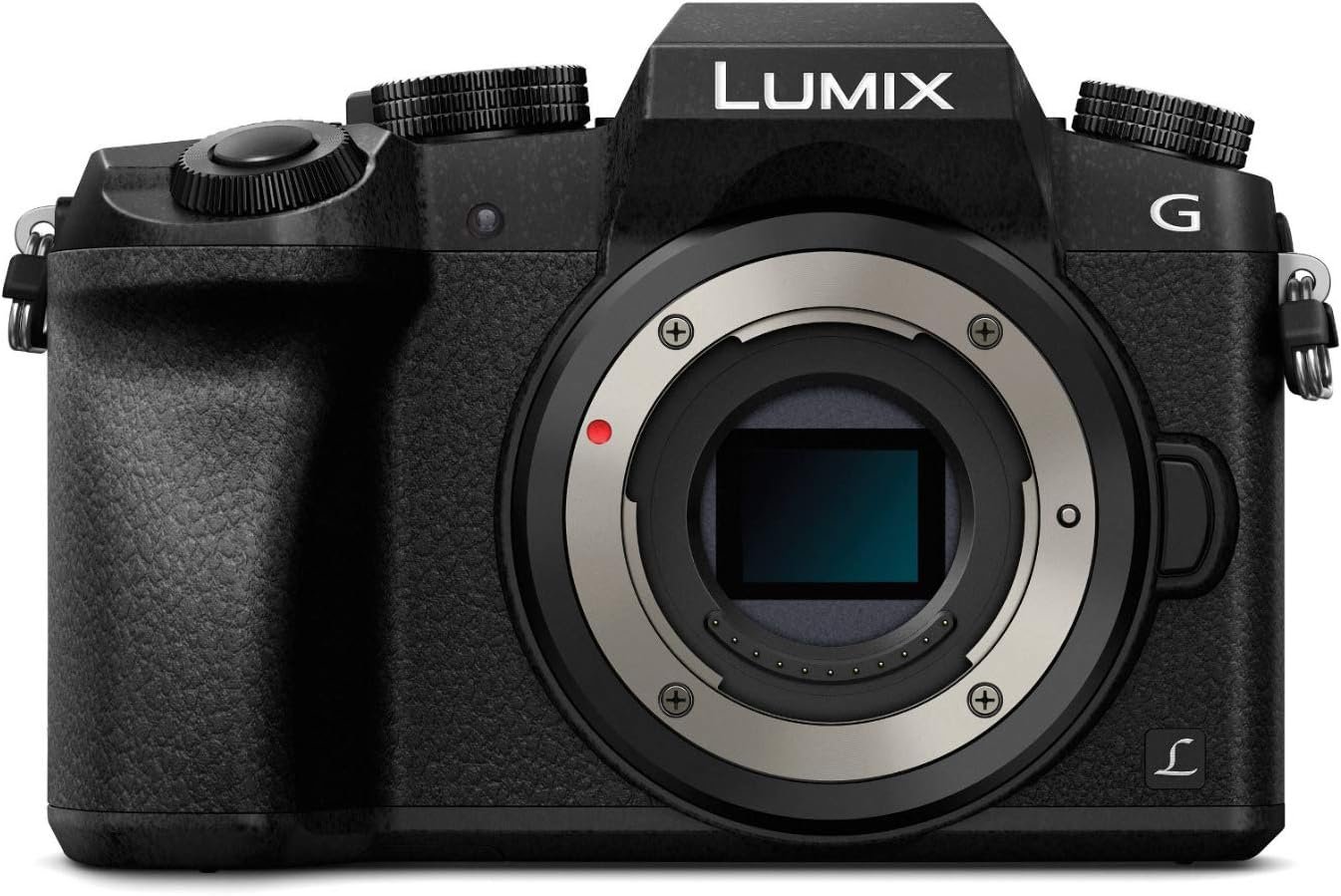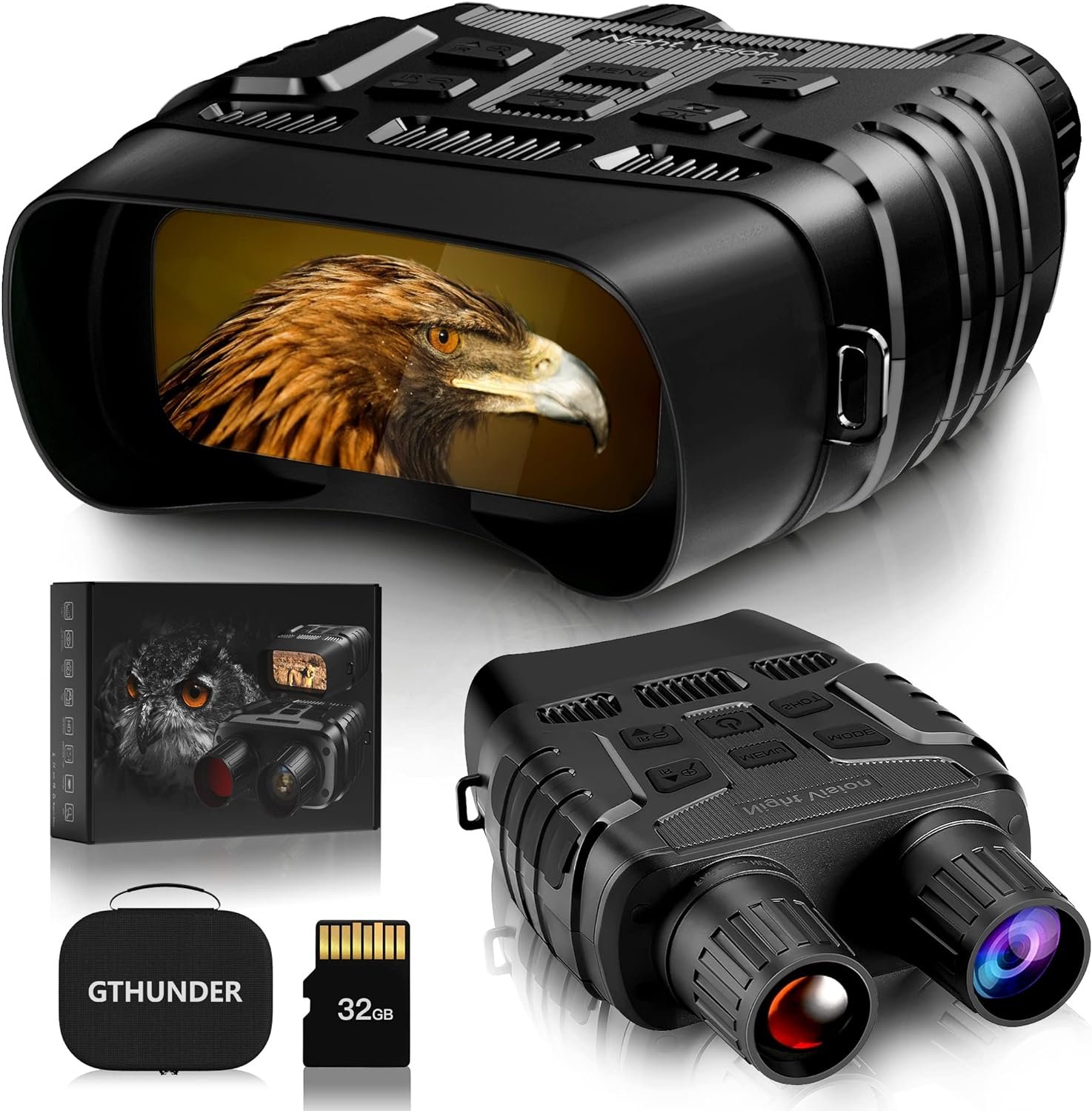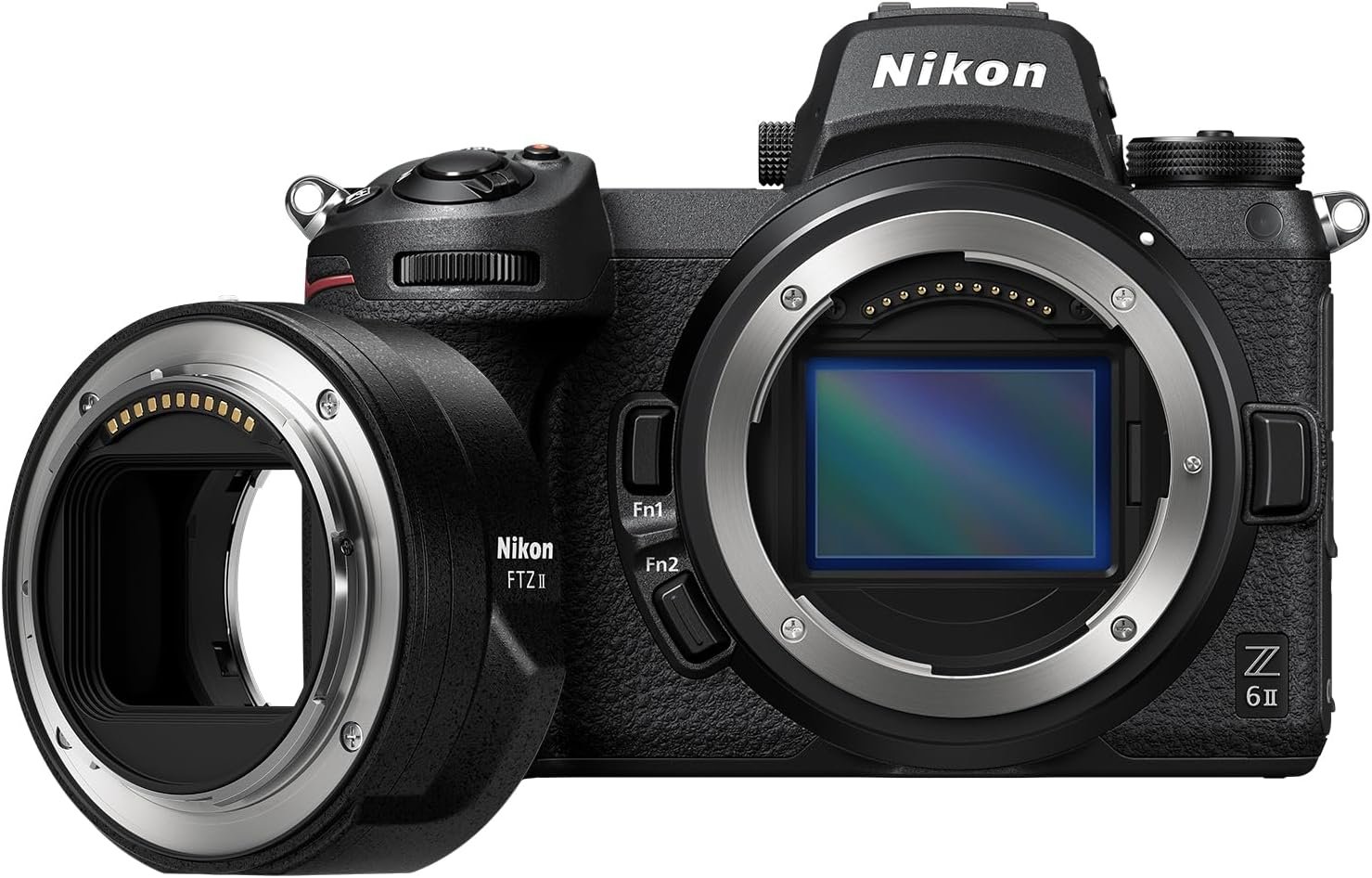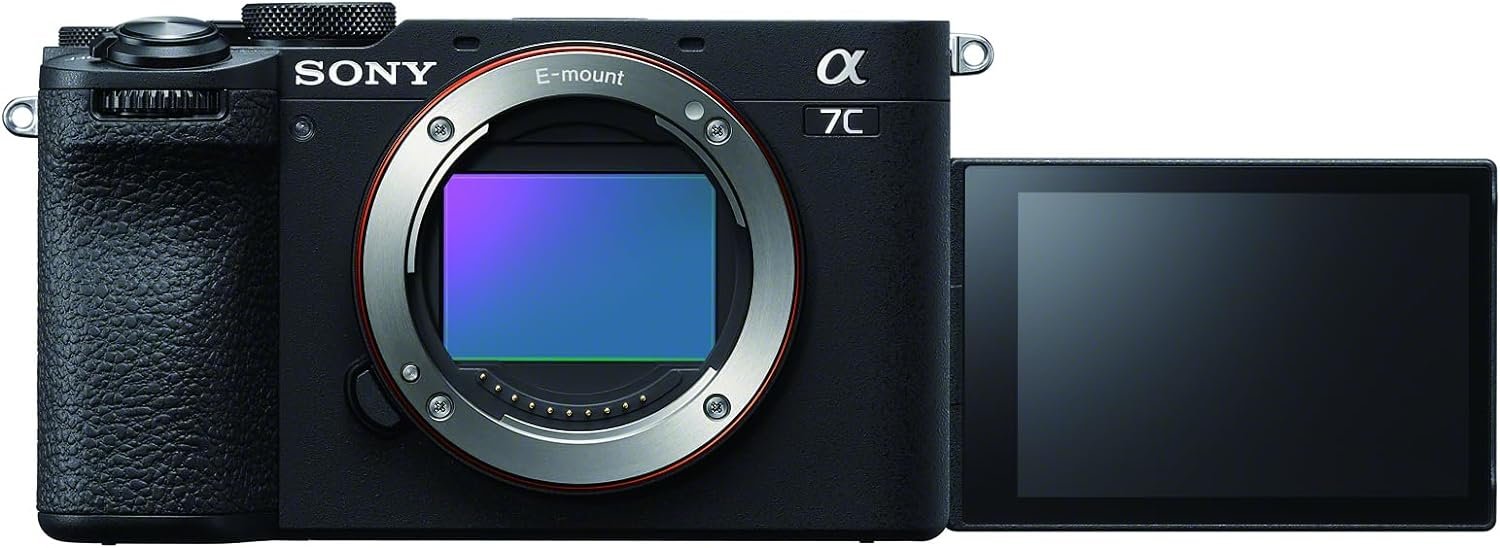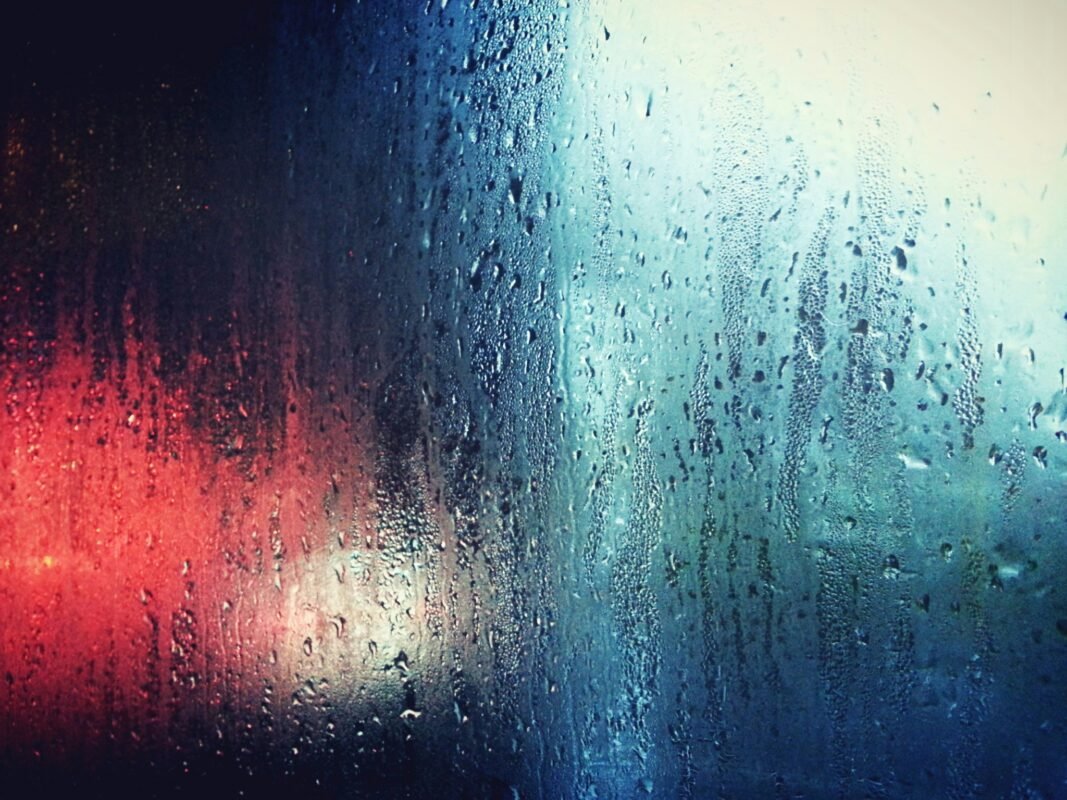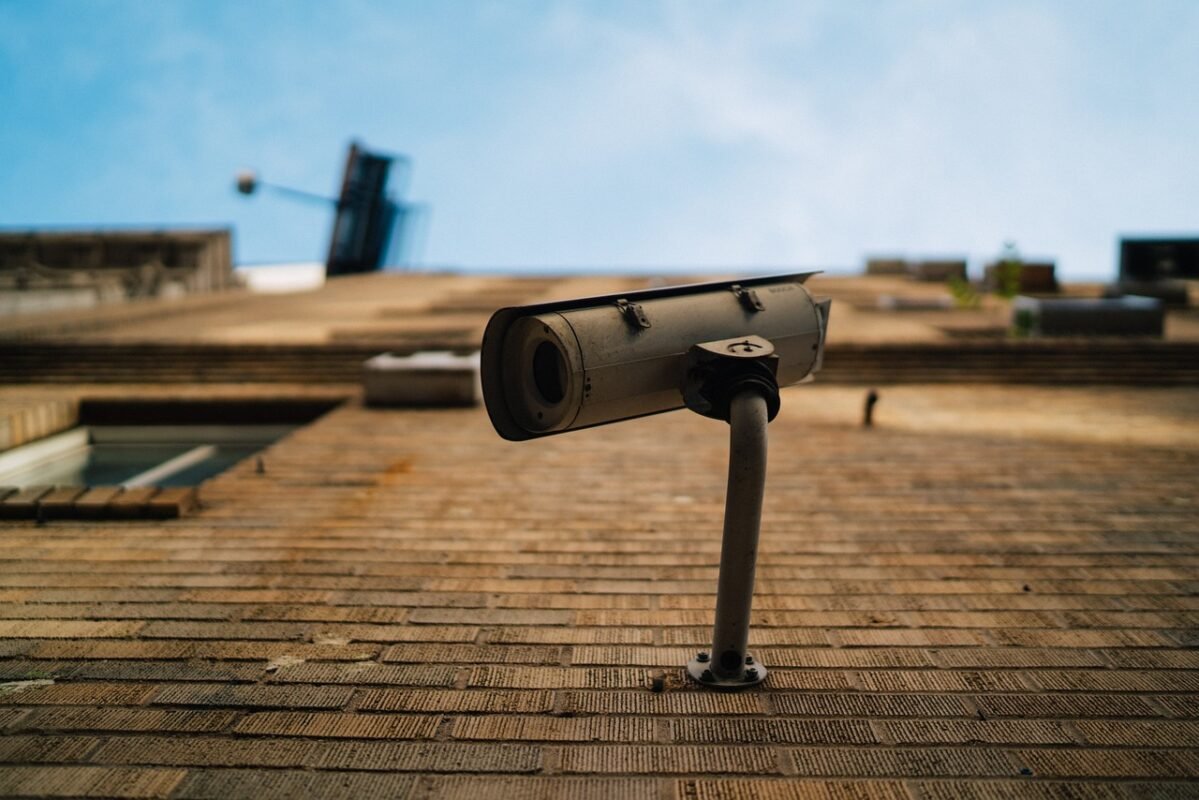Welcome to a quick guide on how to effectively maintain and clean your security cameras! Regular maintenance is key to ensuring the longevity and performance of your security cameras. By following a few simple steps, you can keep your cameras in top condition, providing you with reliable surveillance footage when you need it most. Let’s dive into some practical tips to keep your security cameras clean and functioning smoothly. How do I maintain and clean my security cameras regularly?
Have you ever wondered how to keep your security cameras in top-notch condition for optimal performance? Regular maintenance and cleaning are key to ensuring your security cameras function effectively for years to come. In this article, we will guide you through the essential steps to maintain and clean your security cameras. Let’s dive in and make sure you are equipped with the knowledge needed to take care of your valuable investment.

This image is property of images.pexels.com.
Importance of Regular Maintenance
Regular maintenance of your security cameras is essential to keep them functioning at their best. Dust, dirt, and debris can accumulate on the lenses and impact the quality of your footage. By following a consistent maintenance schedule, you can prolong the lifespan of your security cameras and ensure that they continue to provide you with clear and reliable video footage.
Why is regular maintenance important?
Regular maintenance helps prevent potential issues from arising and allows you to catch any problems early on before they escalate. By taking proactive measures to care for your security cameras, you can avoid costly repairs or replacements down the line. Additionally, well-maintained security cameras are more likely to capture high-quality footage, which is crucial for monitoring and surveillance purposes.
Maintaining and cleaning your security cameras is an investment in their longevity and performance. By dedicating time and effort to this task, you can protect your investment and maximize the effectiveness of your security system.
Components of Security Cameras
Before diving into the specifics of maintaining and cleaning your security cameras, it’s important to understand the different components that make up these devices. By familiarizing yourself with the various parts of a security camera system, you’ll be better equipped to identify areas that require regular maintenance and cleaning.
What are the key components of security cameras?
- Camera Lens: The lens is a crucial part of the camera that captures the image and helps focus light onto the sensor. Keeping the lens clean is essential for maintaining clear and sharp footage.
- Image Sensor: The image sensor converts light into an electrical signal, which is processed to create the video feed. Dust and debris on the sensor can degrade image quality and affect camera performance.
- Housing: The housing protects the internal components of the camera from environmental factors such as moisture, dust, and debris. Regular cleaning of the housing can prevent damage and ensure proper functionality.
- Cabling: The cables connect the camera to the recording device or monitoring system. Inspecting and maintaining the cables can prevent connectivity issues and signal loss.
- Mounting Hardware: The mounting hardware secures the camera in place and ensures it remains stable. Checking the mounting hardware regularly can prevent the camera from becoming loose or misaligned.
Understanding the role of each component will help you identify areas that require attention during the maintenance and cleaning process. By taking a comprehensive approach to caring for your security cameras, you can ensure that all parts are functioning optimally.
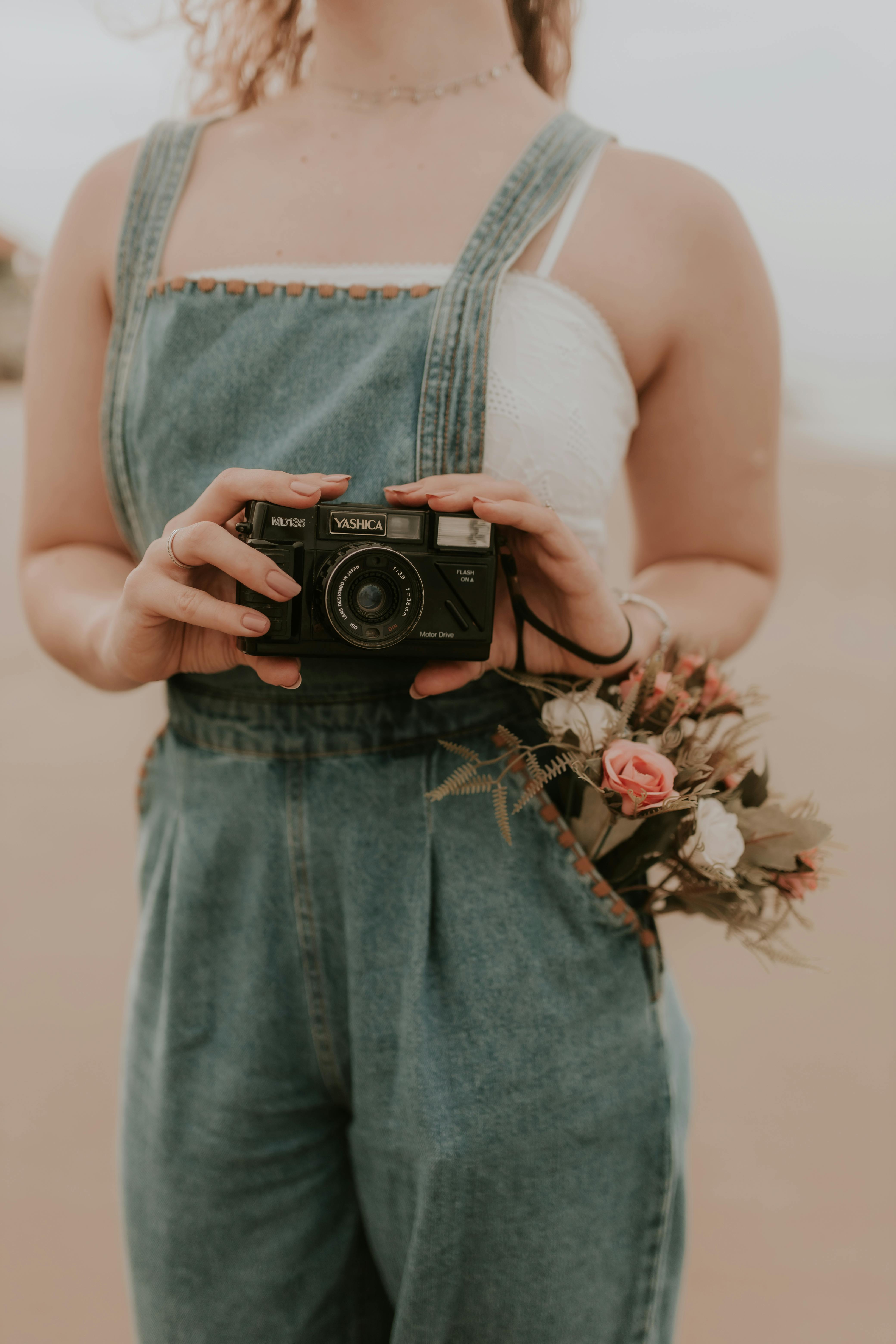
This image is property of images.pexels.com.
Maintenance Tips for Security Cameras
Maintaining your security cameras doesn’t have to be a daunting task. With the right approach and some basic tools, you can keep your cameras in top condition without much effort. Here are some tips to help you maintain your security cameras effectively:
Regular Inspections
Perform regular inspections of your security cameras to check for any signs of damage, wear, or malfunction. Look for loose wires, condensation inside the housing, and any physical damage to the camera or its components. Early detection of issues allows you to address them promptly and prevent further damage.
Check Camera Positioning
Ensure that your security cameras are positioned correctly to capture the desired footage. Verify that the camera angles are optimal for monitoring the intended areas and adjust them if necessary. Proper positioning can improve camera performance and enhance the effectiveness of your surveillance system.
Clean the Camera Lens
Cleaning the camera lens is one of the most important maintenance tasks you can perform. Use a soft, lint-free cloth to gently wipe the lens and remove any dust or smudges. Avoid using harsh cleaning agents or abrasive materials that could scratch the lens. Keeping the lens clean ensures that your footage remains clear and free of distortion.
Inspect Cabling and Connections
Examine the cables and connections of your security cameras to ensure they are secure and undamaged. Look for any signs of wear, fraying, or corrosion that could impact signal quality. Tighten loose connections and replace any damaged cables to maintain a reliable connection between the camera and recording device.
Test Camera Functionality
Regularly test the functionality of your security cameras to ensure they are operating correctly. Monitor the live feed or review recorded footage to check for any glitches, distortion, or other issues. Verify that the cameras are capturing clear and consistent images to confirm they are functioning as intended.
Update Firmware and Software
Keep your security camera firmware and software up to date to access the latest features and enhancements. Manufacturers often release updates to address security vulnerabilities, improve performance, and introduce new functionality. Regularly check for firmware updates and follow the instructions to install them on your cameras.
Maintain Proper Lighting
Ensure that your security cameras have adequate lighting to capture clear footage, especially in low-light conditions. Install external lighting or adjust camera settings to improve visibility and image quality. Proper lighting can enhance the effectiveness of your surveillance system and provide better coverage of your property.
Protect Cameras from Environmental Factors
Shield your security cameras from environmental factors such as rain, snow, wind, and extreme temperatures. Choose weatherproof cameras for outdoor use and install protective housings if needed. Regularly inspect the camera housing for signs of damage or wear and replace any worn components to maintain protection against the elements.
Cleaning Techniques for Security Cameras
Cleaning your security cameras regularly is crucial to ensure they continue to perform optimally. Dust, dirt, and debris can accumulate on the lenses and sensors, affecting image quality and camera functionality. By following simple cleaning techniques, you can maintain the cleanliness of your security cameras and preserve their effectiveness.
How to clean your security cameras effectively:
- Gather Cleaning Supplies: Before you begin cleaning your security cameras, gather the necessary supplies, including a soft, lint-free cloth, compressed air, a cleaning solution approved for electronics, and a camera lens cleaning kit.
- Power Off the Camera: To avoid accidental damage, power off the camera before cleaning it. Disconnect any power source or cables connected to the camera to ensure your safety and prevent damage to the device.
- Dust Removal: Use compressed air to blow away any dust or debris from the camera lens, sensor, and housing. Hold the canister upright and apply short bursts of air to dislodge particles without causing damage.
- Lens Cleaning: Gently wipe the camera lens with a soft, lint-free cloth to remove fingerprints, smudges, or dirt. Avoid using excessive pressure or abrasive materials that could scratch the lens. If necessary, use a cleaning solution specifically designed for camera lenses.
- Sensor Cleaning: Use a sensor cleaning kit to remove dust or debris from the image sensor. Follow the manufacturer’s instructions carefully to avoid damaging the sensor or affecting image quality. Take care when cleaning the sensor to prevent scratches or contamination.
- Housing Inspection: Check the camera housing for dirt, grime, or moisture that could impact camera performance. Use a damp cloth to wipe down the housing and remove any buildup. Regularly inspect the housing for signs of damage and clean it as needed.
- Cable Maintenance: Inspect the cables connected to the camera for wear, fraying, or damage. Use a cloth dampened with a mild cleaning solution to wipe down the cables and connectors. Secure any loose connections and replace damaged cables to ensure a reliable signal.
- Mounting Hardware Check: Inspect the mounting hardware to ensure the camera is securely attached and properly aligned. Tighten any loose screws or bolts to prevent the camera from becoming misaligned or unstable. Regularly check the mounting hardware to maintain camera stability.
By following these cleaning techniques regularly, you can keep your security cameras in optimal condition and prevent dirt and debris from affecting their performance. Cleaning your cameras is a simple yet effective way to ensure they continue to provide you with clear and reliable video footage.

This image is property of images.pexels.com.
Best Practices for Security Camera Maintenance
To ensure that your security cameras remain in excellent condition, it’s important to follow some best practices for maintenance and cleaning. By incorporating these practices into your regular maintenance routine, you can prolong the lifespan of your security cameras and maintain their effectiveness over time.
What are the best practices for security camera maintenance?
- Establish a Maintenance Schedule: Create a maintenance schedule for your security cameras to ensure that regular inspections and cleanings are performed on time. Set reminders or alerts to notify you when maintenance is due and follow the schedule consistently.
- Document Maintenance Tasks: Keep a record of all maintenance tasks performed on your security cameras, including inspections, cleanings, and repairs. Track any issues or concerns that arise during maintenance and note the solutions implemented to address them.
- Train Staff on Maintenance Procedures: If multiple individuals are responsible for maintaining the security cameras, provide training on proper maintenance procedures and techniques. Ensure that all staff members are familiar with the process and know how to care for the cameras effectively.
- Invest in Quality Cleaning Supplies: Use high-quality cleaning supplies and tools to clean your security cameras effectively. Avoid using harsh chemicals or abrasive materials that could damage the lenses or sensors. Choose cleaning solutions specifically designed for electronics to ensure safe and thorough cleaning.
- Monitor Camera Performance: Regularly monitor the performance of your security cameras to identify any issues or concerns that require attention. Pay attention to image quality, connectivity, and camera positioning to ensure optimal functioning.
- Consult Professional Services: If you encounter complex issues or technical problems with your security cameras, consider consulting professional services for maintenance and repairs. Experienced technicians can diagnose and resolve issues efficiently, saving you time and ensuring proper camera care.
- Update Firmware Regularly: Stay up to date with firmware updates for your security cameras to access the latest features and bug fixes. Follow the manufacturer’s instructions to install updates promptly and keep your cameras running smoothly.
- Protect Cameras from Extreme Conditions: Shield your security cameras from extreme weather conditions, direct sunlight, and physical damage. Install protective housings or enclosures for outdoor cameras and position indoor cameras away from sources of heat or moisture.
- Monitor Camera Power Supply: Check the power supply of your security cameras regularly to ensure they are receiving adequate power. Replace batteries or power sources as needed and verify that the cameras are functioning correctly.
- Seek Professional Assistance: If you are unsure about how to maintain or clean your security cameras properly, seek professional assistance from a reputable security camera vendor or technician. They can provide guidance on best practices and help you care for your cameras effectively.
Incorporating these best practices into your security camera maintenance routine can help you keep your cameras in optimal condition and maximize their performance. By following these guidelines, you can ensure that your security system remains reliable and effective in protecting your property.
Conclusion
Maintaining and cleaning your security cameras regularly is essential for ensuring their longevity and performance. By following a comprehensive maintenance plan and incorporating best practices into your routine, you can keep your cameras in optimal condition and protect your investment. Remember to inspect your cameras regularly, clean them effectively, and follow manufacturer recommendations for maintenance. By taking proactive measures to care for your security cameras, you can enjoy clear and reliable video footage for years to come. Thank you for reading, and we hope this article has equipped you with the knowledge needed to maintain and clean your security cameras effectively.



